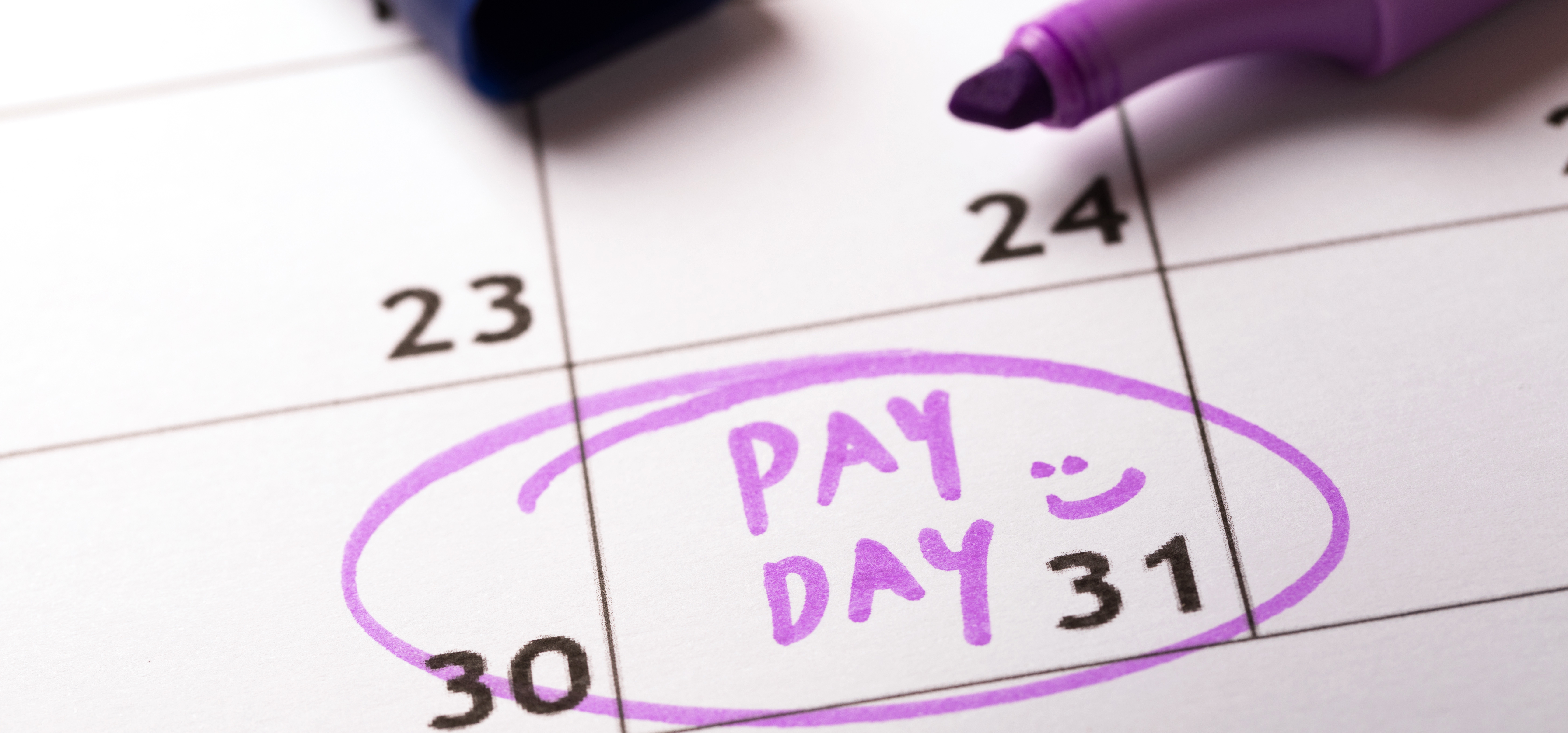Kerby Anderson
As we all know, the virus crisis has created a financial crisis. Companies and businesses cannot survive for long when they are closed down. But the greater crisis is what could be called a paycheck crisis. People who live paycheck to paycheck cannot go for very long without dire economic consequences.
One survey last year by Bankrate confirmed what previous surveys originally discovered. A majority of Americans are economically vulnerable. Their survey found that only 40 percent of Americans would be able to pay for an unexpected $1,000 expense from savings. That expense could be an emergency room visit or even a car repair. This percent confirmed previous surveys from 2014 through 2018.
What about the remaining 60 percent? More than a third would need to borrow money in some way. That could be through their credit card or perhaps through a personal loan from family or friends. Another 14 percent would reduce spending on other things, while 10 percent didn’t really know what they would do.
The current economic downturn may cause many of us to rethink our priorities. What Americans used to consider luxuries are now considered necessities. Most Americans (80%) own a smartphone. That same portion of households own at least one high definition flat-screen television. A majority (60%) of Americans dine out at least once a week. A significant percentage (20%) of American families dine out three or more times a week.
Changing habits might be a possible short-term solution. But most Americans are already hitting a financial wall. They may welcome the government check of $1,200 being promised, but what they really need is a job and a steady paycheck. The virus crisis is making it very difficult for more and more Americans to pay their bills.
 Listen Online
Listen Online Watch Online
Watch Online Find a Station in Your Area
Find a Station in Your Area











 Listen Now
Listen Now Watch Online
Watch Online
